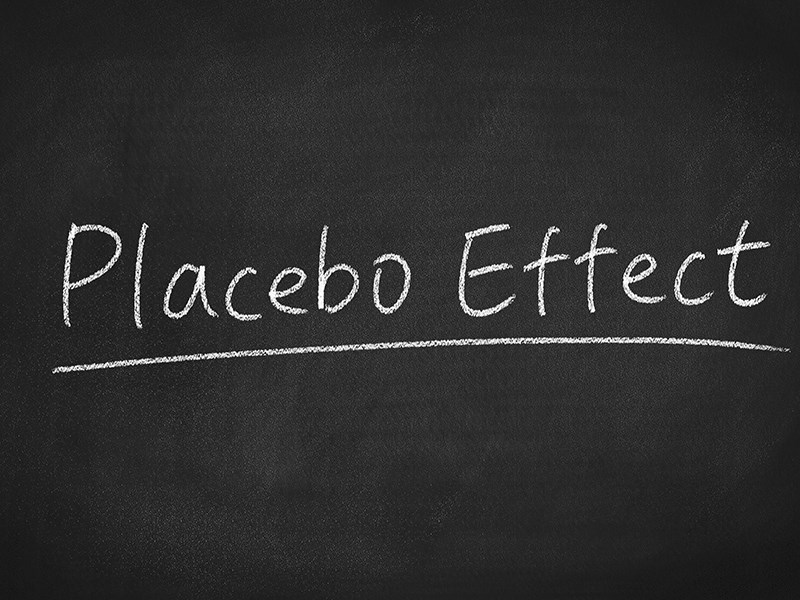We don’t want to be told our physical pain or mental distress is “all in our mind.” When distraught with symptoms of an illness or dealing with crushing chronic pain, it’s understandably the worst thing someone can be told.
With that in mind, there is evolving research around the idea of placebos that are showing, sometimes, on a possible helpful level, a lot more than we know is, in fact, in our mind.
Or more accurately, our brains can be tricked into providing our bodies with neurochemicals needed to help heal certain health problems such as pain management, asthma, phobias and others.
What is a placebo in mind and body medicine, and why, once I began looking into it, is the subject so intensely fascinating?
First off, a placebo is defined as a substance or treatment which is designed to look like a medical therapy but contains no active ingredients to affect health. It can be a pill made of sugar or thinking you experienced a surgery when one did not occur. For a placebo to be effective things such as ritual, who provides the treatment and where the treatment or pill is given are integral parts.
For me, an especially interesting example of a placebo is pain management. A crushed T12 spinal vertebrae after a truck accident has given me a new interest in innovative ways to deal with physical pain. In fact, my chronic pain guided my Google machine toward the study of placebos and the neurology and psychology involved.
Pharmacological conditioning is a fancy term for our brains being trained to react to medicine, in a positive way, even after the medicine is substituted with a placebo or fake. Just like the family dog is trained to sit for a treat, our brains can be trained to initiate the neurobiological process of producing natural painkillers called endogenous opioids.
The opioids we are prescribed for pain currently become ineffective and dangerously additive. Perhaps, with more research into the combination of placebos and medicine there could be a safer and more effective way to lessen chronic pain.
A placebo is an unexpected validation of the power of positive thinking, however, researchers are finding more than expected in the area.
According to Harvard Medical School professor Ted Kaptchuk, “the placebo effect is more than positive thinking, believing a treatment or procedure will work. It’s about creating a stronger connection between the brain and body and how they work together.”
Although this effect has been around since ancient times, technology and scientific research has somewhat validated the convergence of things which make up a placebo.
Placebo is the place where biology and psychology merge with hope and belief. These days, with a pandemic, unprecedented forest fires and the effects of climate change, the power of hope and belief to heal and create better lives is an area worthy of scientific inquiry and focus.
Just knowing hope and belief have a big role in healing our minds and bodies is a little medicine we could all use a bit of, for certain.
Robert Skender is a Powell River freelance writer and health commentator.



